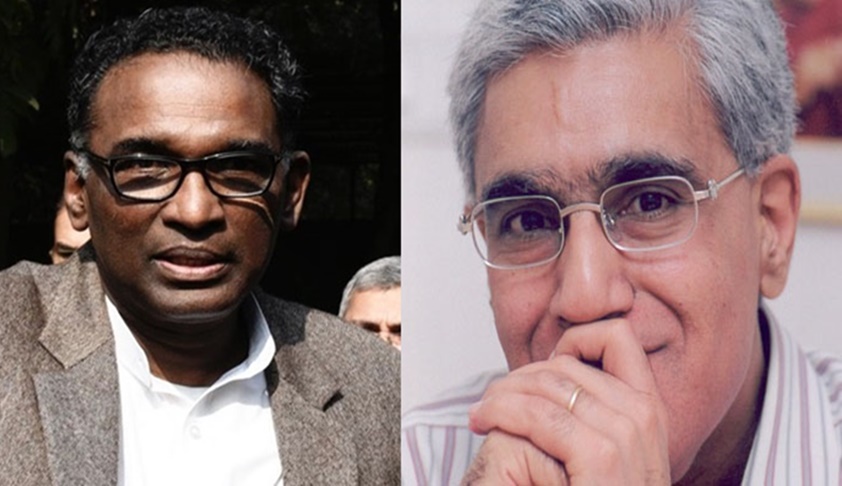Justice Chelameswar To Speak On "Role Of Judiciary In A Democracy" At Harvard Club Of India Event
Apoorva Mandhani
2 April 2018 7:40 PM IST

Next Story
2 April 2018 7:40 PM IST
The "rebel" of the Supreme Court, Justice J. Chelameswar is set to address a Harvard Club of India event on the "Role of Judiciary in a Democracy".The event would witness Justice Chelameswar in conversation with journalist Karan Thapar. It would be held at the Speaker Hall, Annexe, Constitution Club of India, Rafi Marg, New Delhi on 7 April.The event especially assumes importance in the light...
